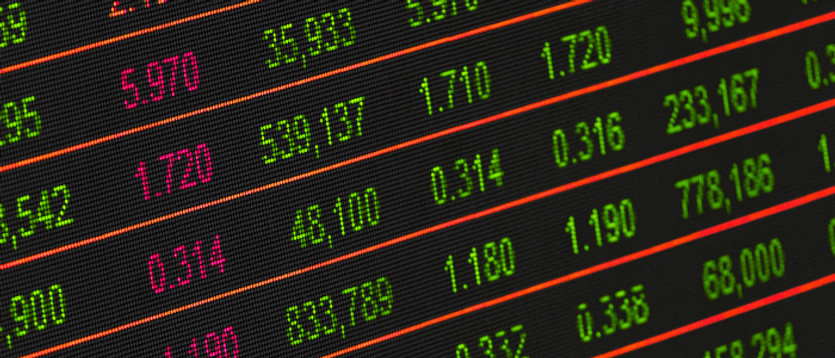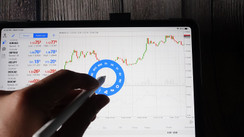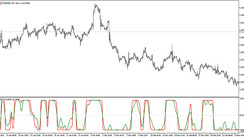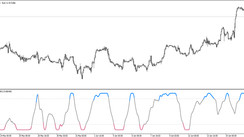Blockchain is changing how global institutes and markets do business. Among the slowest adopters of blockchain technology, though, are financial institutions. As explained on Forbes, this is despite the many benefits the tech can offer regulated financial entities of all sizes. This includes storing information electronically, streamlining complex transactions, and optimising infrastructure connections. Thus, it’s safe to say that blockchain can be a real gamechanger, especially in busy markets like forex. FXCM states that the current forex market has a daily trading volume of over $6.6 trillion. This makes it the largest liquid market in the world with robust depth and a 24/7 active trading schedule. Although to date, blockchain within the realm of forex is not unheard of, it remains underutilised by the broader market. In this article, we will cover just how blockchain is transforming the Forex market, and why it is the way forward:
Improved Transparency and Security
As we’ve previously explained here in our article on 'What is Blockchain', it creates a system that contains immutable, transparent information that can’t be tampered with, allowing for easy traceability. Each part of a Forex transaction would be a link in the chain that can be easily tracked by both the buyer and seller. It would also ensure that once the transaction is made it can’t be altered or changed. Since blockchain information is encrypted, it will be a lot harder to hack. Keyless Security Infrastructure (KPI) stores data hashes on blockchain and runs a hashing algorithm for verification, therefore eliminating the need for the traditional Public Key Infrastructure encryption approach – which is prone to data manipulation and third-party intervention. KPI distributes the evidence among many parties, which makes it impossible to alter the data without being detected.
Enhanced Speed
Since blockchain doesn’t need a middleman, it cuts out redundancies and chokepoints that would otherwise stretch out transaction times. As such, WeForum details that numerous governments and businesses are investing in blockchain to address this. Specifically, thanks to the global accessibility and public interoperability that blockchain offers, cross-border payment transactions are much faster and more efficient. Similarly, forex that is empowered by blockchain can process and complete trades given the open network innovation of this tech. Since better processing speeds mean more transactions completed within a given window, this means that blockchain in forex can help accommodate more traffic. This could potentially increase the volume of trading and encourage more people to join the roughly 10 million active forex traders.
Reduced Trading Costs
Because blockchain is decentralised and faster, many analysts argue state that this technology can reduce trade finance operating costs by up to 80%. Case in point, Reuters reports that HSBC is a major bank that is currently utilising blockchain technology to systemise its exchanges and reduce costs. So far, the major bank has shared that they’ve processed forex trades worth $250 billion through blockchain since February 2018. In other statements, the bank has said that using blockchain has seen cost reductions of up to 25%. Since blockchain technology is virtually impossible to monopolise, this means that such cost-effective benefits can similarly be observed across the forex board. Slowly but surely, blockchain technology is becoming a key part of the financial sector’s arsenal. Since forex remains one of the most active trading markets, there is much more to be gained by empowering everyday processes with the potential and promise of blockchain.





